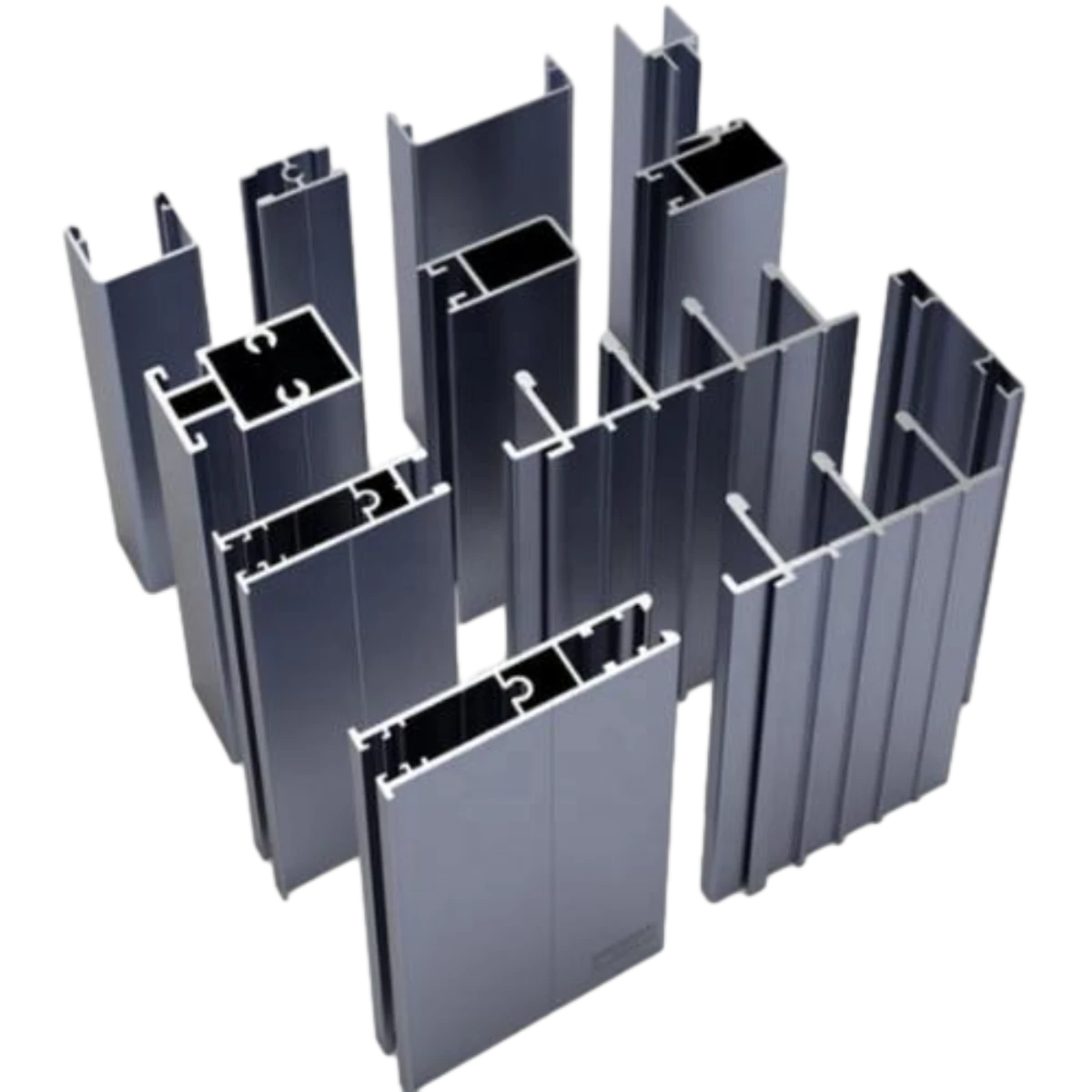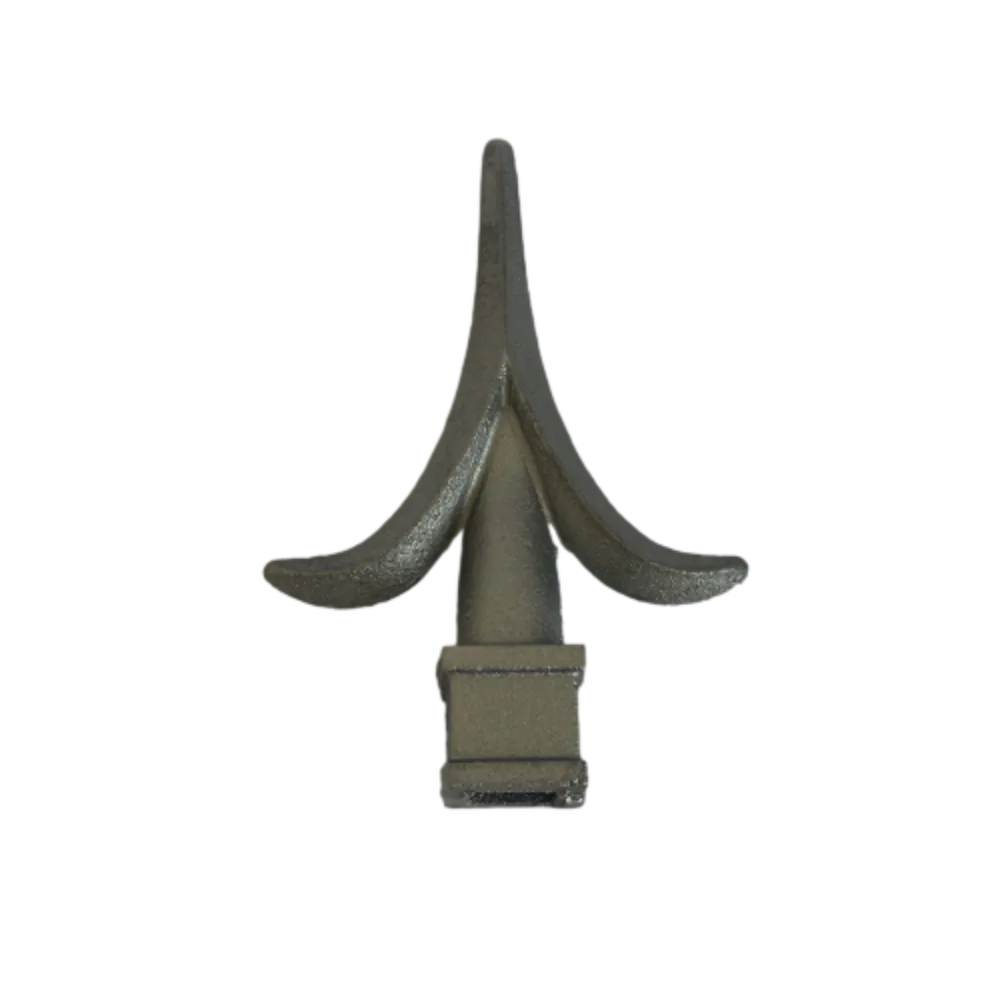Heavy-Duty Gate Wheels: Smooth & Reliable Sliding Gate Hardware
Industry Trends and the Critical Role of the Gate Wheel
In the complex ecosystem of industrial flow control, components that ensure the smooth and reliable operation of gate valves are paramount. The industrial landscape is witnessing a heightened demand for durable, precise, and high-performance valve components, driven by advancements in material science, increasingly stringent environmental regulations, and the need for enhanced operational efficiency across critical sectors. The Gate Wheel, often an overlooked yet fundamental part of a gate valve, is at the forefront of this evolution. Its design, material composition, and manufacturing precision directly impact the valve's service life, operational torque, and overall reliability, especially in high-pressure, high-temperature, or corrosive environments.
Current industry trends emphasize smart manufacturing, predictive maintenance, and the integration of IoT for operational insights. While these macro trends focus on digitalization, the foundational mechanical components, such as the Gate Wheel, must evolve to support these advanced systems. This means a shift towards materials with superior wear resistance, optimized ergonomic designs for manual operation, and precision engineering that reduces the likelihood of premature failure. Furthermore, sustainability is driving demand for components with longer lifecycles, reducing waste and the frequency of replacements, thus contributing to a lower carbon footprint in industrial operations.
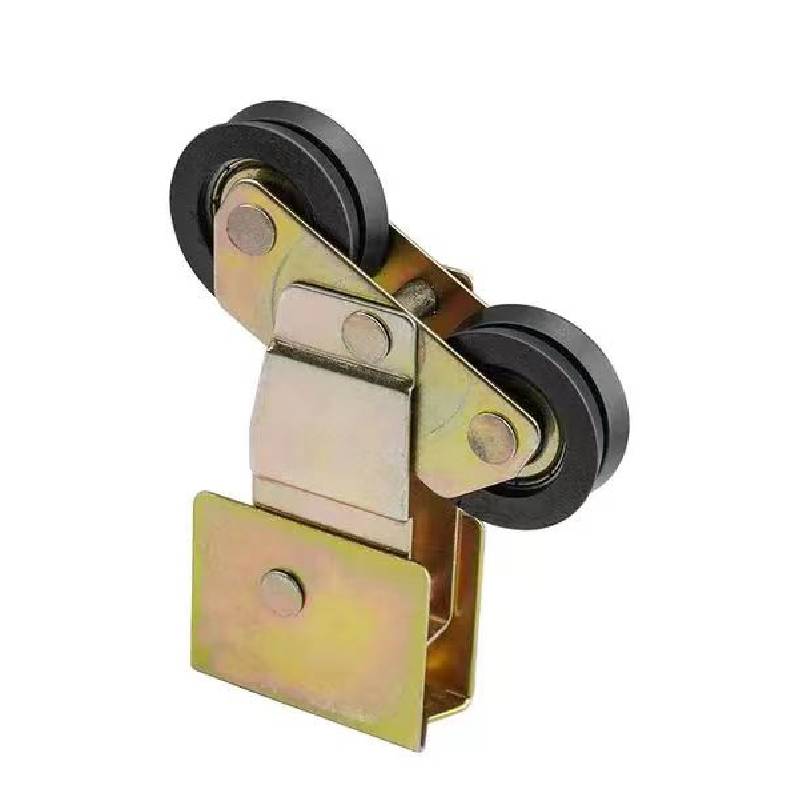
The Advanced Manufacturing Process of the Gate Wheel
The production of a high-quality Gate Wheel is a multi-stage, precision-intensive process that combines advanced metallurgical techniques with stringent quality control. Our manufacturing philosophy centers on delivering components that exceed industry standards for durability and performance.
Key Materials Employed:
- Cast Iron (e.g., HT200, HT250): Known for its excellent castability, vibration damping, and cost-effectiveness. Ideal for general industrial applications where high strength-to-weight ratio is not the primary concern.
- Ductile Iron (e.g., QT450-10, QT500-7): Offers superior strength, ductility, and impact resistance compared to grey cast iron, making it suitable for applications requiring higher mechanical properties and greater shock absorption.
- Carbon Steel (e.g., ASTM A216 WCB, ASTM A105): Selected for its high tensile strength, good weldability, and suitability for high-pressure and high-temperature services.
- Stainless Steel (e.g., ASTM A351 CF8M, ASTM A182 F316): Provides exceptional corrosion resistance, crucial for aggressive chemical environments, marine applications, and food processing.
Manufacturing Process Flow:
Step 1: Material Selection & Preparation
Careful selection of raw materials based on application requirements, followed by melting and alloying processes to achieve desired chemical composition.
Step 2: Casting or Forging
Casting: Molten metal poured into pre-designed molds (e.g., sand casting, investment casting). Ensures complex geometries. Forging: Metal heated and shaped using compressive forces (e.g., open-die, closed-die forging). Enhances grain structure and mechanical properties.
Step 3: Heat Treatment
Processes like annealing, normalizing, quenching, and tempering to optimize hardness, toughness, ductility, and relieve internal stresses.
Step 4: CNC Machining
Precision Computer Numerical Control (CNC) machining for critical dimensions, boreholes, and surface finishes to ensure tight tolerances and smooth operation.
Step 5: Surface Treatment & Finishing
Coating, painting, or galvanizing for enhanced corrosion resistance, aesthetic appeal, and ergonomic grip.
Step 6: Quality Inspection & Testing
Comprehensive testing at various stages, including dimensional accuracy, material composition (spectrometer), mechanical properties (tensile, hardness), and non-destructive testing (NDT).
Testing Standards and Service Life:
Our manufacturing and quality assurance processes adhere to international standards such as ISO 9001:2015 for quality management, ASTM for material specifications, and ANSI/ASME for dimensional and performance criteria. This rigorous adherence ensures a projected service life exceeding 10 years under normal operating conditions, often extending to 15-20 years with proper maintenance.
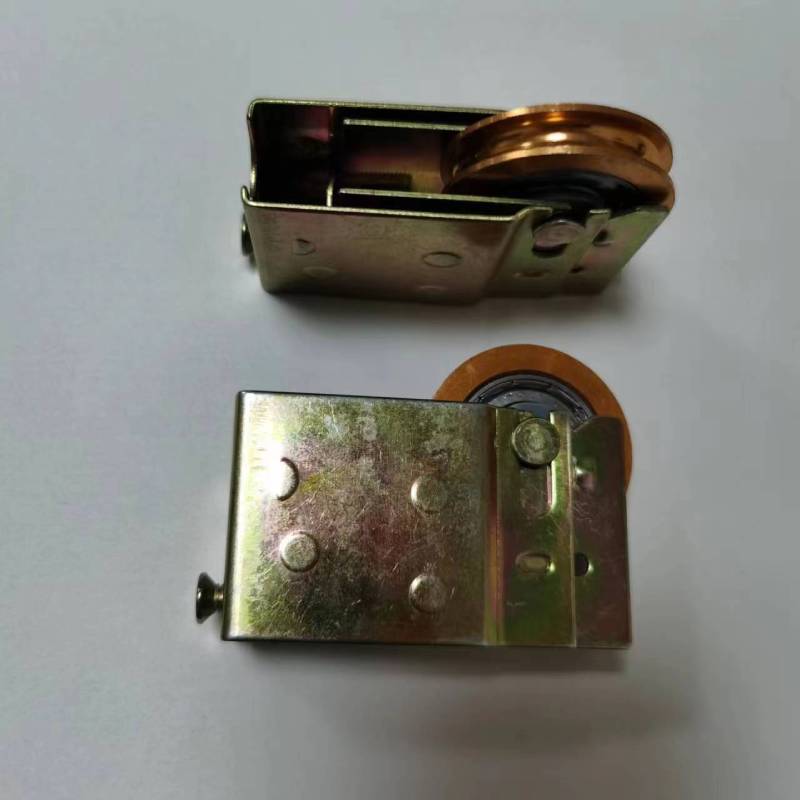
Technical Specifications and Parameters of a Typical Gate Wheel
Precision engineering and adherence to strict technical parameters are what define a superior Gate Wheel. The following table illustrates typical specifications, highlighting the robustness and versatility engineered into these critical components.
Standard Product Specification Table:
| Parameter | Specification Range | Typical Value (Ductile Iron) |
|---|---|---|
| Material Grade | Cast Iron (HT200-HT300), Ductile Iron (QT450-10 to QT700-2), Carbon Steel (WCB), Stainless Steel (CF8, CF8M) | QT450-10 (ASTM A536 Gr. 65-45-12) |
| Nominal Diameter (OD) | DN50 to DN1200 (2 inches to 48 inches) | DN200 (8 inches) |
| Bore Diameter (ID) | Varies by valve stem, from 12mm to 100mm | 24mm (with keyway) |
| Number of Spokes | 3, 4, 5, or 6 | 5 |
| Tensile Strength | 200 MPa (Cast Iron) to 700 MPa (Ductile Iron/Steel) | 450 MPa |
| Yield Strength | N/A (Cast Iron) to 500 MPa (Ductile Iron/Steel) | 310 MPa |
| Elongation | 0.5% (Cast Iron) to 18% (Ductile Iron) | 10% |
| Hardness (HB) | 180-260 (Cast Iron) to 160-230 (Ductile Iron) | 160-210 HB |
| Surface Finish | Powder Coating, Galvanized, Primer, Natural Finish | Powder Coated (Blue/Red) |
| Operating Temperature | -29°C to 425°C (Material Dependent) | -20°C to 300°C |
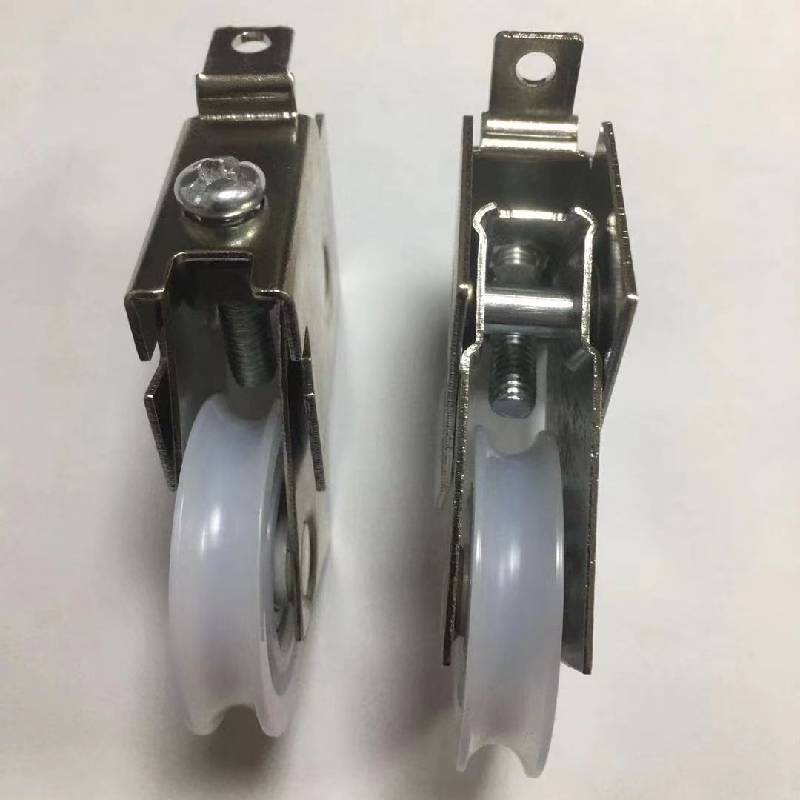
Application Scenarios and Target Industries for the Gate Wheel
The robust design and versatile material options of the Gate Wheel make it indispensable across a broad spectrum of industrial applications. Its primary function is to provide the mechanical advantage required for manual operation of gate valves, allowing for precise control of fluid or gas flow in pipelines. The ability to withstand extreme conditions is critical for its widespread adoption.
Key Target Industries:
- Petrochemical Industry: Essential in refineries, chemical plants, and oil & gas pipelines for controlling the flow of various hydrocarbons, corrosive chemicals, and high-pressure steam. The high-strength and corrosion-resistant variants of the Gate Wheel are critical here.
- Metallurgy and Mining: Used in process control for water, slurry, and chemical lines within smelters, steel mills, and mining operations. Durability against abrasion and high temperatures is a key advantage.
- Water Supply & Drainage: Found extensively in municipal water treatment plants, pumping stations, and sewage systems. Requires corrosion-resistant materials for longevity in aqueous environments.
- Power Generation: Utilized in thermal, hydro, and nuclear power plants for controlling steam, cooling water, and other process fluids under high-temperature and high-pressure conditions.
- HVAC & Building Services: Smaller diameter Gate Wheel units are common in commercial and industrial HVAC systems for regulating water flow in heating and cooling circuits.
Advantages in Typical Application Scenarios:
- Energy Saving: Optimized ergonomic design minimizes the torque required for operation, reducing operator fatigue and potential for injury, thereby indirectly improving efficiency.
- Corrosion Resistance: When manufactured from stainless steel or with advanced coatings, the Gate Wheel offers superior resistance to corrosive media, extending valve life and reducing maintenance costs in harsh environments.
- Enhanced Durability: Robust materials and precision manufacturing ensure high mechanical strength and wear resistance, leading to longer service intervals and reduced downtime.
- Precision Control: The accurate fit and finish between the Gate Wheel and valve stem nut allow for smooth, precise adjustments, critical for process optimization.

Technical Advantages and Vendor Comparison for the Gate Wheel
Choosing the right Gate Wheel supplier is crucial for the long-term reliability and cost-effectiveness of industrial valve systems. Our offerings stand out due to a combination of superior material selection, advanced manufacturing, and rigorous quality assurance.
Core Technical Advantages:
- Optimized Ergonomics: Our Gate Wheel designs consider operator comfort and safety, featuring non-slip grips and balanced weight distribution, reducing the required operating force by up to 15% compared to standard designs.
- High Fatigue Resistance: Through controlled casting/forging processes and specific heat treatments, our wheels exhibit exceptional resistance to cyclic loading, ensuring longevity even in frequently operated valves.
- Precision Bore Machining: Utilizing multi-axis CNC machines, the central bore and keyway/spline interfaces are machined to tight tolerances (typically ±0.02mm), ensuring a perfect, backlash-free fit with the valve stem nut, preventing wobbling and premature wear.
- Advanced Surface Protection: Beyond standard paint, we offer specialized coatings such as hot-dip galvanizing for marine and corrosive atmospheric exposure, or epoxy powder coating for enhanced chemical and abrasion resistance, extending the product's aesthetic and functional life significantly.
- Comprehensive Material Traceability: Every batch of Gate Wheel is accompanied by full material test reports (MTRs) and certifications, providing complete traceability from raw material to finished product, a critical aspect for regulatory compliance in high-integrity applications.
Vendor Comparison: Why Our Gate Wheels Excel
While many suppliers offer valve handwheels, distinguishing factors lie in the nuances of engineering, quality control, and commitment to client-specific needs.
| Feature | Our Gate Wheels | Typical Competitor |
|---|---|---|
| Material Certification | Full MTRs, ISO/ASTM compliance | Basic material certificates, less detailed |
| Machining Precision | CNC machined to ±0.02mm tolerances | Standard machining, ±0.1mm tolerances |
| Corrosion Protection | Multi-layer epoxy/galvanized options, min 1000hr salt spray test | Standard industrial paint, 200-500hr salt spray test |
| Ergonomics & Design | Engineered for reduced torque & operator comfort | Standard, utilitarian design |
| Customization Capability | Full design, material, and finish customization | Limited, standard options only |
| Projected Service Life | 10-20 years under normal operation | 5-10 years, depending on conditions |
Customized Solutions for Unique Requirements:
Understanding that off-the-shelf solutions don't always meet specialized industrial demands, we offer extensive customization for our Gate Wheel products. This includes:
- Specific Material Grades: Beyond standard options, we can source and process exotic alloys for extreme temperature, pressure, or corrosive environments.
- Unique Bore & Hub Configurations: Custom bore diameters, keyways, splines, or threaded connections to perfectly match non-standard valve stem designs.
- Tailored Dimensions & Weight: Adjustment of diameter, spoke count, rim thickness, and overall weight to fit specific space constraints or operational torque requirements.
- Specialized Coatings: Application of advanced ceramic coatings, PTFE coatings, or other surface treatments for enhanced performance in highly aggressive or sensitive applications (e.g., pharmaceutical, food grade).
- Branding & Marking: Custom embossing, etching, or color-coding for brand integration or operational identification.
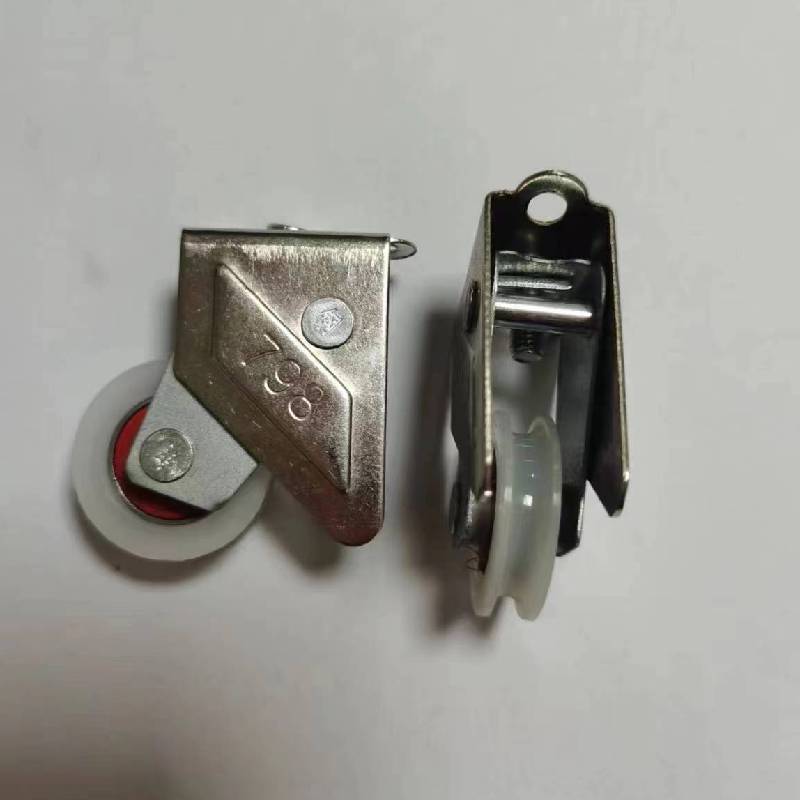
Application Case Studies & EEAT Elements for Our Gate Wheel Solutions
Our commitment to Expertise, Experience, Authoritativeness, and Trustworthiness (EEAT) is demonstrated through our robust product development, successful project implementations, and unwavering support. Below are examples of how our Gate Wheel solutions have delivered tangible benefits.
Case Study 1: Enhanced Durability in a Chemical Processing Plant
Challenge: A major chemical processing facility in Texas was experiencing frequent failures of standard cast iron handwheels on their gate valves, due to exposure to aggressive chemical fumes and high humidity, leading to rapid corrosion and seizing. Replacements were required every 18-24 months, causing significant downtime and maintenance costs.
Solution: We provided custom-designed Gate Wheel units manufactured from ASTM A351 CF8M (316L Stainless Steel) with an electro-polished finish. The bore was precisely machined to fit the existing valve stem design, ensuring a seamless upgrade.
Outcome: After 5 years of continuous operation, all installed stainless steel Gate Wheel units showed no signs of corrosion or operational degradation. This resulted in an estimated 60% reduction in replacement costs and virtually eliminated related downtime, significantly improving operational safety and efficiency.
Case Study 2: Ergonomic Improvement in a Municipal Water Treatment Facility
Challenge: Operators at a large municipal water treatment plant reported fatigue and occasional minor injuries when manually operating large diameter gate valves multiple times daily. The existing handwheels were heavy, with sharp edges, and required excessive force.
Solution: We developed a lightweight ductile iron Gate Wheel (QT500-7) with a redesigned spoke structure and a thicker, ergonomically contoured rim. The wheels were powder-coated with a non-slip, vibrant blue finish for better visibility and grip in wet conditions. The design reduced the operational torque by an average of 12%.
Outcome: Operator feedback was overwhelmingly positive, noting a significant reduction in effort and discomfort. The new handwheels contributed to a safer working environment and an increase in operational responsiveness. The enhanced coating also provided superior protection against the chlorinated environment, extending the aesthetic life of the components.
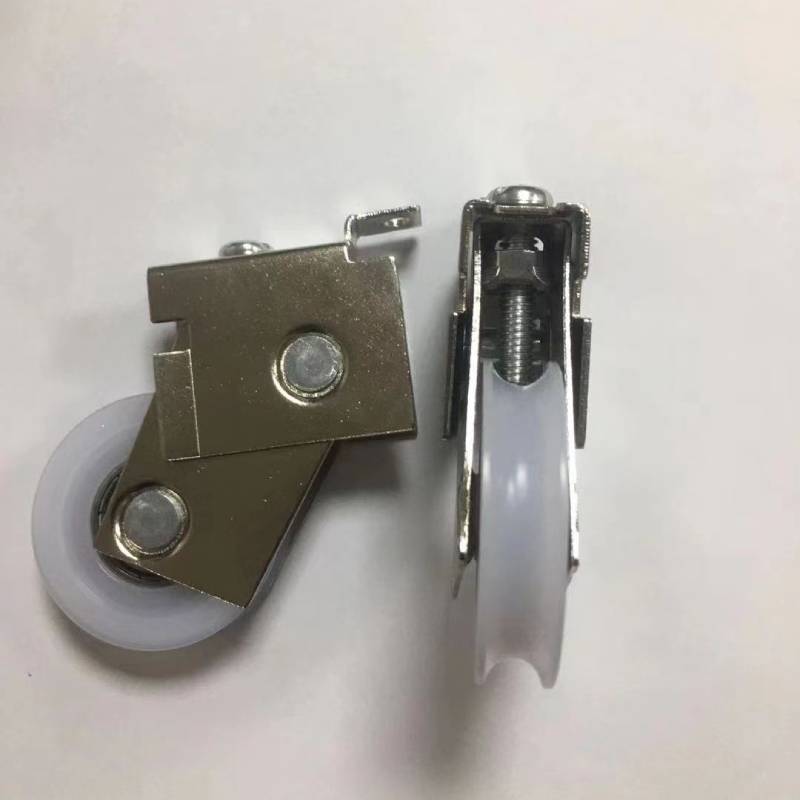
Ensuring Trustworthiness: FAQ, Lead Times, Warranty & Support
Frequently Asked Questions (FAQ):
Q1: How do I select the correct Gate Wheel for my valve?
A1: Selection depends on the valve's stem diameter, keyway/spline dimensions, required torque, operating environment (temperature, corrosive media), and desired material properties (strength, corrosion resistance). Our technical sales team can assist with precise recommendations based on your valve's specifications.
Q2: What is the typical lead time for custom Gate Wheel orders?
A2: Standard items are typically in stock or have a lead time of 2-4 weeks. For custom designs, lead times range from 6-10 weeks, depending on complexity, material availability, and order volume. Expedited options are available upon request.
Q3: Are your Gate Wheels compliant with international standards?
A3: Yes, all our products are manufactured under strict ISO 9001:2015 certified quality management systems. Material specifications adhere to ASTM, ANSI, DIN, and JIS standards as applicable. Full material test reports and conformity certificates are provided with each order.
Q4: Can these Gate Wheels be used in hazardous environments?
A4: Depending on the material and surface finish chosen, our Gate Wheels are suitable for a wide range of hazardous environments. We offer non-sparking materials and specialized coatings to meet specific safety requirements (e.g., ATEX directives for potentially explosive atmospheres). Please consult with our experts for specific applications.
Lead Time & Fulfillment Details:
We maintain a robust inventory of common Gate Wheel types and materials to facilitate rapid deployment. Our integrated supply chain and advanced manufacturing facilities enable us to meet demanding schedules. For large-volume or specialized orders, a detailed production and delivery schedule is provided upfront, ensuring transparent communication and timely fulfillment. We offer flexible shipping options, including sea freight, air freight, and express courier services, to meet global client needs.
Warranty Commitments:
All our Gate Wheel products are backed by a comprehensive 2-year limited warranty against manufacturing defects and material failures under normal operating conditions. This warranty reflects our confidence in the quality and durability of our products. Detailed warranty terms and conditions are available upon request or provided with each purchase order.
Customer Support Information:
Our dedicated customer support team is available to assist with technical queries, order tracking, and after-sales service. We offer multi-channel support through:
- Phone Support: Available during business hours for immediate assistance.
- Email Support: Responsive email service for detailed inquiries and documentation requests.
- Technical Documentation: Access to product datasheets, installation guides, and maintenance recommendations.
- On-site Technical Consultation: For complex projects or system integration, our engineers can provide on-site support and training.
We are committed to building long-term partnerships through exceptional product quality and unparalleled customer service.
Conclusion
The Gate Wheel, while seemingly a simple component, plays a pivotal role in the operational efficacy and safety of gate valves across diverse industrial sectors. From meticulous material selection and advanced manufacturing processes to rigorous quality control and comprehensive after-sales support, every aspect of our Gate Wheel production is geared towards delivering unparalleled performance and reliability. By prioritizing technical precision, ergonomic design, and long-term durability, we ensure that our solutions not only meet but exceed the evolving demands of modern industry, contributing significantly to operational efficiency, reduced maintenance costs, and enhanced worker safety.
References:
- ASTM International Standards. "Standard Specification for Ductile Iron Castings." ASTM A536.
- International Organization for Standardization. "Quality management systems – Requirements." ISO 9001:2015.
- American Society of Mechanical Engineers. "Valves – General Purpose." ASME B16.34.
- NACE International. "MR0175/ISO 15156 Petroleum and natural gas industries—Materials for use in H2S-containing environments in oil and gas production."
- ASM Handbook, Volume 15: Casting. ASM International.
-
Trusted Source for Metal Lock BoxNewsAug.22,2025
-
Top Supplier for Aluminum Window ProfileNewsAug.22,2025
-
SHIJIAZHUANG TJJ: Window Roller SpecialistNewsAug.22,2025
-
Cast Iron Rosette Backplate Mounting SolutionsNewsAug.22,2025
-
Cast Iron Spears and Finials Enhancing Gate AestheticsNewsAug.22,2025
-
How to Maintain Cast Iron Railing Panel FinishesNewsAug.22,2025





